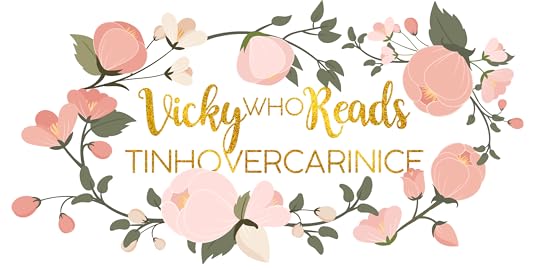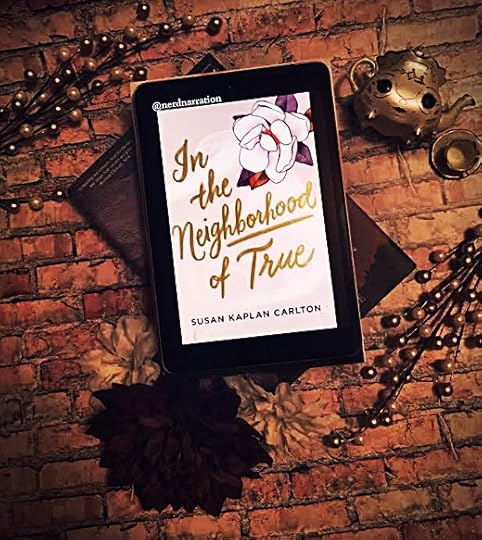What do you think?
Rate this book


314 pages, Hardcover
First published April 9, 2019
"He reminded us that we were all a small part of a larger story of hate, that all along, the clock had been ticking. And now the alarm rang for us."
"You heard the rabbi - if you don't stand up, you're only brave in theory."
"This underground group thought they'd blow this city apart, but the opposite is true."


Following her father's death, Ruth Robb and her younger sister Nattie have relocated from New York City to their mother's native Atlanta. It's culture shock for sure, but Ruth quickly finds herself pulled into the pre-debutante "Tea and Etiquette" club for high school juniors (where she is embraced as a legacy, as both her mother and grandmother were Magnolia Queens), and dating the cutest boy in school. There's one problem, though. The year is 1958. Anti-Semitism runs just as rampant through southern society as racism. And everything Ruth loves about her new life will be taken away if anyone finds out that she's Jewish.Shalom, y'all! As you can see by my rating, I loved this book.